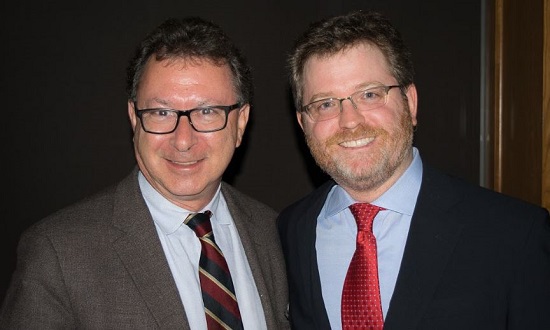Brooklyn Law School CLE examines free will as a matter of law

Brooklyn Law School (BLS) hosted a continuing legal education (CLE) lecture that got a little more philosophical than most when professors Adam Kolber and Lawrence Solan discussed free will and how it pertains to the law.
The CLE titled “Law, Language & Cognition CLE Ethics Roundtable: Free Will as a Matter of Criminal Law” took a look at how some scientific evidence has changed the way people look at the brain and examined how it might affect our laws.
Solan, director of the Center for the Study of Law, Language and Cognition at BLS, served as a moderator and Kolber gave a one-hour-long presentation before opening the event up for discussion.

Brooklyn Boro
View MoreNew York City’s most populous borough, Brooklyn, is home to nearly 2.6 million residents. If Brooklyn were an independent city it would be the fourth largest city in the United States. While Brooklyn has become the epitome of ‘cool and hip’ in recent years, for those that were born here, raised families here and improved communities over the years, Brooklyn has never been ‘uncool’.